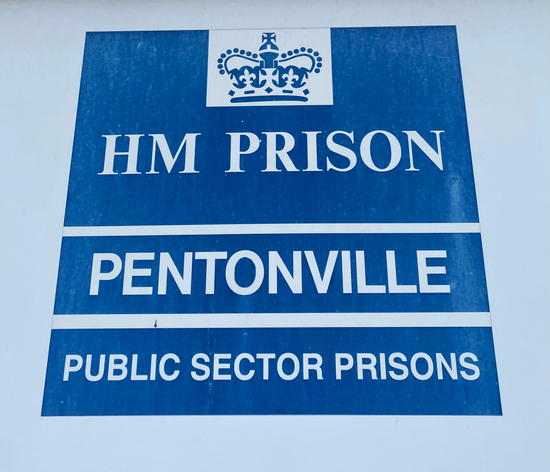The Importance of Ensuring Traceability
At Kofee, we believe that purchasing coffee from farmers and ensuring full traceability are crucial for a sustainable and ethical coffee industry. By establishing direct contacts, we build strong relationships with the people who grow our coffee. This approach allows us to pay fair wages, ensuring that farmers receive the full value of their hard work. It also promotes social equity and supports the economic well-being of coffee-growing communities.
Traceability is crucial and allows us to track every step of the coffee’s journey from the farm to your cup. This transparency ensures that the coffee is produced sustainably and ethically, adhering to high standards of environmental and social responsibility. By choosing coffee with full traceability, consumers can trust that their purchase supports sustainable practices and contributes to the well-being of the farmers and their communities.
Ultimately, direct purchasing and traceability empower consumers to make informed choices, fostering a more sustainable and equitable coffee industry.
We are also involved in various local social enterprises in the UK, adding value to our ethical work by supporting community projects and initiatives.
Social Enterprises We Support
-

Trampoline Cafe - Angel
Trampoline was set up by Antonio Orra to help London’s refugee community integrate, train, and become independent citizens.Built on the values of looking forward, being compassionate, and believing in better we’re committed to using our business as a genuine force for good. Building and maintaining relationships that transform lives.
-

HMP Pentonville - London
We have run a barista school in Pentonville Prison for the last five years, training over 150 people and helping them rehabilitate into the catering industry.This is a state-funded initiative where we were approached because of our experience in training and personal development.
-

Project Water Fall
We are committed to social responsibility, sustainability, and the well-being of the communities we serve.
Our sponsorship of Project Waterfall reflects our shared values and commitment to making a positive impact on a global scale. Together, we aim to ensure that coffee-growing regions have access to clean water, enhancing the lives of countless individuals and promoting a more sustainable future.



